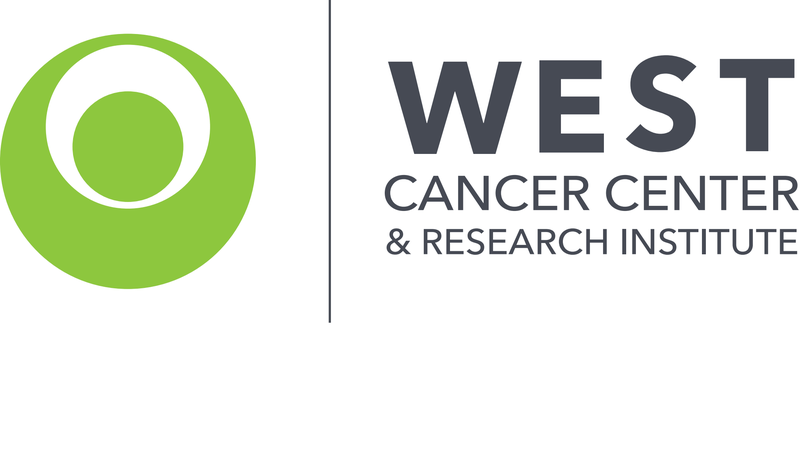
Exciting Advances Continue in HER2+ Breast Cancer and Other Subtypes

Kurt W. Tauer, MD, FACP, discusses encouraging updates across the spectrum of breast cancer subtypes.
Kurt W. Tauer, MD, FACP
On the heels of the 2019 ESMO Congress, encouraging updates that read out in HER2-positive breast cancer, as well as hormone receptor—positive disease, may foreshadow more practice-changing data on the horizon, said Kurt W. Tauer, MD, FACP.
Additionally, investigators are inching toward a greater understanding of utilizing immunotherapy effectively in the HER2-positive breast cancer paradigm, an area that Tauer explained has transformed dramatically with novel treatment approaches.
"The reality is that the impact of HER2[-targeted agents] on breast cancer survival has been incredible,” said Tauer, hematologist/medical oncologist, associate professor, Department of Hematology/Oncology, at the University of Tennessee Health Science Center. “The disease that was almost uniformly deadly before is now almost like regular luminal A disease as far as survival [is concerned]. If a patient makes it through the first 3 to 5 years, they are almost home free."
In an interview with OncLive® during the 2019 State of the Science Summit™ on Breast Cancer, Tauer, who is also a senior partner and chief of staff of West Cancer Center, discussed encouraging updates across the spectrum of breast cancer subtypes.
OncLive®: Reflecting on the 2019 ESMO Congress, what practice-changing data stood out to you in breast cancer?
Tauer: To me, these was a continuation of what we were already hearing. The CDK4/6 inhibitors have been an incredible advance [as use in combination with] hormonal therapy in breast cancer. The toxicities are livable and the results are incredible.
We saw long responses with regular aromatase inhibitors and tamoxifen, but now with CDK4/6 inhibitors, we are seeing extended responses with good quality of life. That was gratifying to see and the survival data were coming out positive.
The HER2-positive story is still evolving. There are so many neat ideas, such as using ado-trastuzumab emtansine (T-DM1; Kadcyla) in the adjuvant setting. That is really exciting to see. Also, some of the new antibody-drug conjugates that can be used in HER2-positive disease look interesting because it is not just for the traditional 3+ HER2-positive disease, it could be for the 1+ or 2+.
Aside from triple-negative breast cancer, what are your thoughts on trying to further incorporate immunotherapy into breast cancer?
It's very exciting, but I'm not sure we know the role of immunotherapy in breast cancer yet. We are still feeling our way because it is not necessarily a PD-L1—positive disease.
There may be a connection [between HER2 and PD-L1] that we can take advantage of, but we don’t know the final story yet. I do think it will be a great story though, and I am an immune advocate in the sense that I wish I was 25 again [and just starting my career] because immunotherapy is so exciting.
Is there more work to be done regarding subtyping in breast cancer?
It is only the beginning; we are probably going to expand it. The PIK3CA data are a perfect example of that. Now we have a new drug for that [subtype of patients], and we actually look for PIK3CA; it is not an unusual mutation in breast cancer. It is an incredible opportunity.
We will do more of that [next-generation sequencing], and we will see more development of the various niches where researchers are looking for treatment. This is good because personalized medicine makes a lot of sense, in breast cancer and in oncology overall.
Of course, breast cancer led the way with the estrogen receptor and progesterone receptor data. The hormone receptors were the start of trying to look at specific molecular subtypes that would or would not respond to different medicines. Then [data with HER2-targeted treatments] came along, which was quite a big deal.
What research do you envision could be presented by this time next year?
The 2019 San Antonio Breast Cancer Symposium is usually the place to bring the “big guns,” but recently, data have had to come out so quickly. The 2019 ESMO Congress became a big deal for breast cancer because the data were ready.
We will see more data at the 2019 San Antonio Breast Cancer Symposium, but I am not sure whether we will see any new breakthroughs. We may see a continuation of new exciting data that we got teased with at the 2019 ESMO Congress. Hopefully, we will get more final data at the 2019 San Antonio Breast Cancer Symposium.
We now have 5 trastuzumab (Herceptin) biosimilars that have been approved. What are your thoughts on the emergence of biosimilars and how could they transform practice?
I am excited about biosimilars being in practice because they are going to be just as good [as the originator], and they are going to be cheaper. The key is to deliver the same care to the patient at a cheaper level.
An interesting question is, “How will we work it out as a society?” I view oncology as being developed on the insured, American patient because that is where the profit margin is worldwide.




































